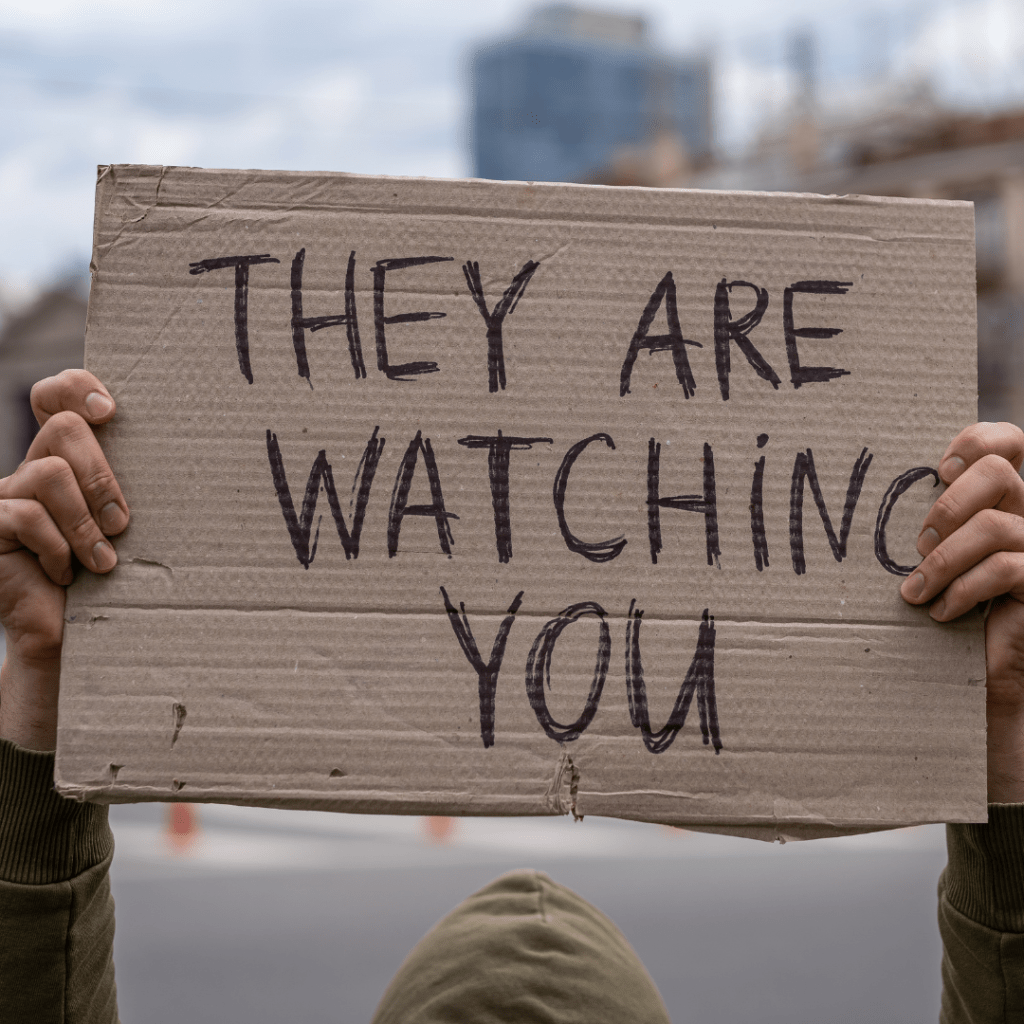Suspiciousness disorder, often referred to as paranoid personality disorder, is characterized by a pervasive distrust and suspiciousness of others, leading to the interpretation of benign remarks or events as malevolent. Here are some examples of how this disorder might manifest in different situations:
- Workplace: An individual with suspiciousness disorder might constantly believe that their colleagues are trying to undermine them or sabotage their work. For instance, they might interpret a simple critique of their performance as a personal attack, leading to hostility and isolation from coworkers.
- Social Interactions: In social situations, someone with suspiciousness disorder might believe that others are talking about them behind their back or plotting against them. They may perceive innocent gestures or conversations as evidence of a conspiracy against them, leading to social withdrawal and isolation.
- Romantic Relationships: In romantic relationships, a person with suspiciousness disorder may constantly doubt their partner’s fidelity, even in the absence of evidence. They might monitor their partner’s activities obsessively, interpret innocent interactions with others as signs of infidelity, and may become overly controlling or jealous.
- Everyday Situations: Simple everyday occurrences, such as receiving a friendly smile from a stranger or a polite gesture from a neighbor, can be interpreted as veiled threats or attempts to manipulate by someone with suspiciousness disorder. They may perceive hidden motives in even the most innocuous actions of others.
- Medical Settings: In medical settings, individuals with suspiciousness disorder may distrust healthcare professionals and refuse medical treatment or interventions because they believe they are being deceived or harmed. They might interpret medical advice or procedures as part of a larger conspiracy against them, leading to avoidance of necessary healthcare.
- Legal Matters: Individuals with suspiciousness disorder may have difficulty trusting lawyers, judges, or other parties involved in legal matters. They may believe that their legal representation is incompetent or colluding with the opposing side, leading to extreme paranoia and reluctance to engage in legal proceedings.
- Online Interactions: In the digital realm, individuals with suspiciousness disorder may be highly distrustful of online platforms, believing that their personal information is constantly being monitored or that they are being targeted by malicious actors. They may avoid social media and online communication platforms altogether due to fear of surveillance or manipulation.
Examples:
- Vijay constantly believes that his coworkers are plotting against him to get him fired. Despite no evidence to support his beliefs, he refuses to collaborate with them and isolates himself at work.
- Sanah always suspects that her friends are talking behind her back and conspiring against her. She avoids social gatherings and keeps her distance from others to protect herself from perceived threats.
- Rajesh believes that his neighbors are spying on him through hidden cameras and listening devices. He spends hours searching his home for surveillance equipment, convinced that he is being monitored.
FAQs:
Q: Can people with paranoid personality disorder trust anyone? A: People with paranoid personality disorder have difficulty trusting others and often interpret neutral or friendly actions as malicious. However, with therapy and support, some individuals may develop trusting relationships over time.
Q: Is paranoid personality disorder the same as being cautious? A: While it’s natural to be cautious in certain situations, paranoid personality disorder involves an excessive and unjustified mistrust of others that significantly impairs functioning and relationships.
Q: Can paranoid personality disorder be treated? A: Treatment for paranoid personality disorder typically involves therapy, such as cognitive-behavioral therapy (CBT), aimed at challenging irrational beliefs and improving interpersonal skills. However, individuals with PPD may be resistant to seeking help due to their distrust of others.
Q: Can paranoid personality disorder develop suddenly? A: PPD typically develops gradually and persists over time. While stressful life events may exacerbate symptoms, the underlying distrust and suspiciousness are usually longstanding patterns of behavior.
Q: Is paranoid personality disorder the same as paranoid schizophrenia? A: No, paranoid personality disorder and paranoid schizophrenia are distinct mental health conditions. Paranoid schizophrenia involves psychotic symptoms such as hallucinations and delusions, whereas paranoid personality disorder primarily involves mistrust and suspicion without losing touch with reality.

Dr. Rameez Shaikh (MBBS, MD, MIPS) is a consultant Psychiatrist, Sexologist & Psychotherapist in Nagpur and works at Mind & Mood Clinic. He believes that science-based treatment, encompassing spiritual, physical, and mental health, will provide you with the long-lasting knowledge and tool to find happiness and wholeness again.
Dr. Rameez Shaikh, a dedicated psychiatrist , is a beacon of compassion and understanding in the realm of mental health. With a genuine passion for helping others, he combines his extensive knowledge and empathetic approach to create a supportive space for his patients.

